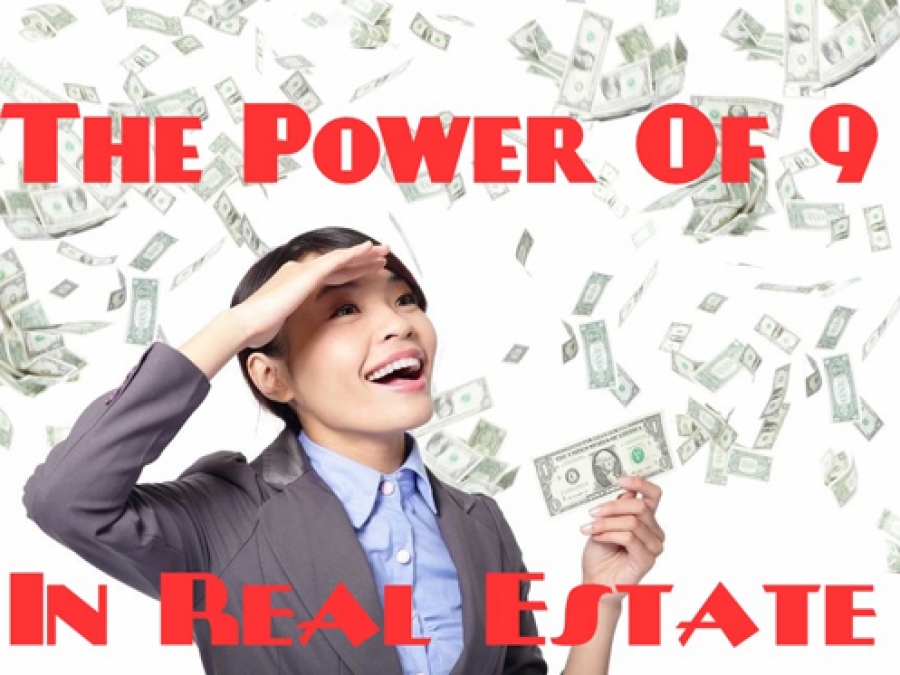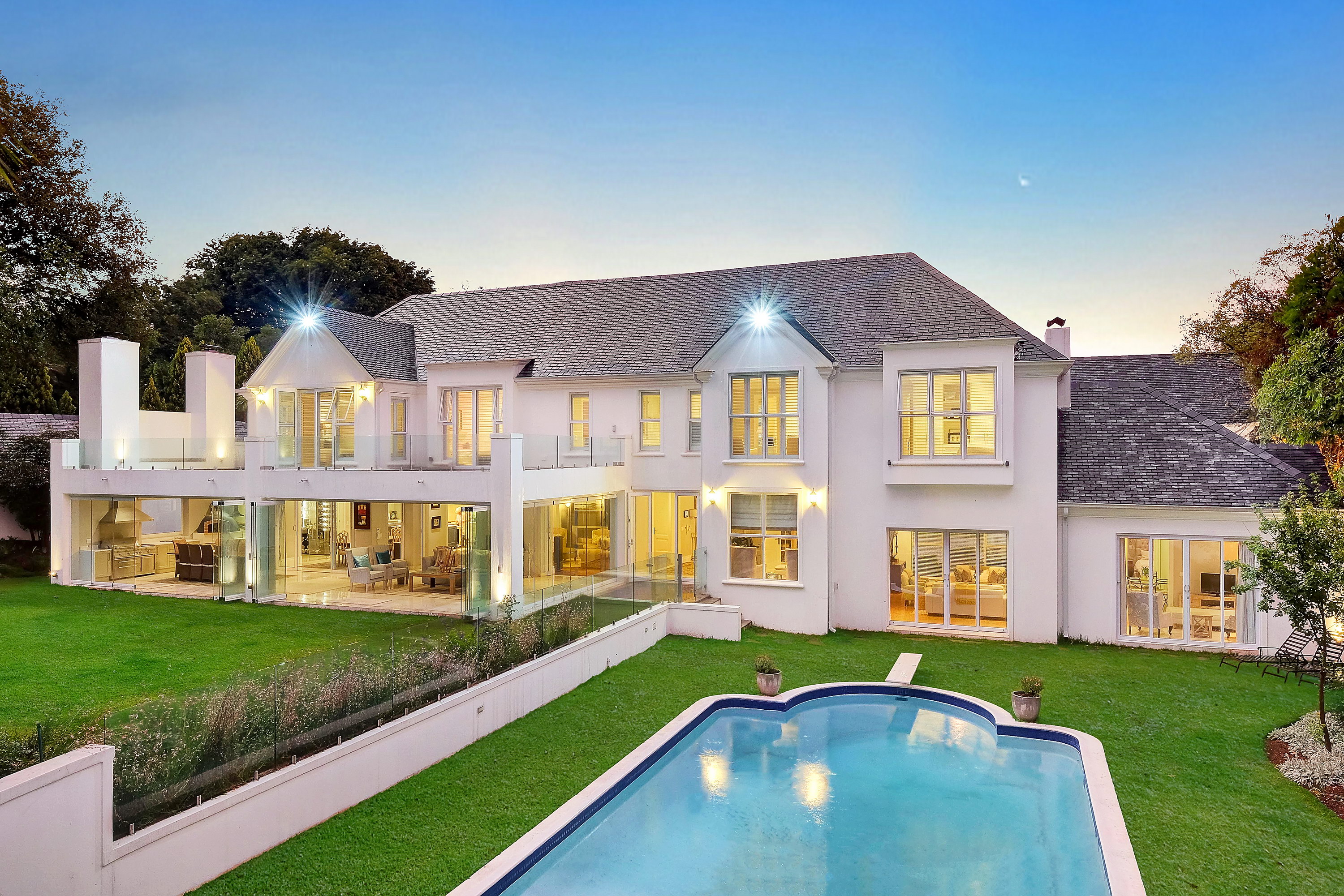Apartment For Sale: $109,990. Home For Sale: $199,000.
As a newbie real estate agent, I thought using 9′s in listing prices was solely an easy way to outsmart the property search engines. After all, $199,000 still falls within the $150,000-200,000 search results. Try to price that property at $200,000 and you’ll immediately find yourself in a whole new price category of buyers. Would there really be such a thing as the power of 9 in real estate?
How much do 9′s really matter in our day-to-day life? Once we know that, the jump to real estate pricing might not be that farfetched as there might be some truth in the power of 9 after all?
Psychological pricing method…
Pricing with 9′s is actually called odd pricing and is a psychological pricing method, based on the idea that certain prices are more attractive to buyers than others. The origin of its use can be disputed as some claim it was meant as a prevention of theft in traditional cash transactions whereby the cashier was forced to open the cash register and actually made to register the sale in order to return change to the buyer.
Aren’t buyers supposed to make rational choices based on price comparisons? At least, that’s what the classical economic theory says. One must surely realize that buying something for $99.99 is the same as paying $100 for it?
Wrong!
Wow! Really?
Yes!
Researching the power of 9 and more…
A study published in the Journal of Applied Sciences indicated that 9-ending prices can cause more consumer sales than the use of zero-ending prices. This effect could be explained by the underestimation mechanism, whereby consumers pay less attention to the end of the price and perceived the 9-ending priced goods to be cheaper than the zero-ending prices!
Another study in the Journal of Consumer Research focuses on the left digit effect, rather than the ending 9′s, which makes an important different to consumers. People will more likely perceive the difference between $2.99 and $4.00 to be 2.01 than actually 1.01 (or just add the zeroes for use in real estate).
“We show that nine ending prices may sometimes but not always be perceived to be lower than a price one cent higher. This perception is more likely to occur when introducing a 9-ending in the price causes a change in the left-most digit. Further, this perception is more likely when the 9-ending price is perceived to be close to the comparison standard price,” conclude Manoj Thomas and Vicki Morwitz (New York University).
Could it be that this is because Westerners read from left to right? In doing so, extra importance is placed on the first digit our brain sees? And following that line of thinking, if you’re reading Arabic (native or by study), does this mean you’re less likely to succumb to the power of 9 or the left digit effect?
Research adds further evidence to the view echoed by previous researchers that the decision whether or not to use nine ending prices is an important one and deserves due attention. Importantly, 9-ending prices may sometimes but not always be perceived to be lower than a price one cent higher. This perception is more likely to occur when introducing a 9-ending in the price causes a change in the left-most digit. This perception is more likely when the 9-ending price is perceived to be close to the comparison standard price.
In other words, if the buyers of a product have a basic idea of how much the good ought to cost, making sure the price is slightly below (read: 9-ending), the consumer will perceive it to be much lower and prefer buying that over the zero-ending goods.
Closing thoughts…
Following the studies above done on 9-ending and left digit effect, would it be fair to state that the preference of pricing a property at $199,000 versus $200,000 is now a given?
When going over the listing price with your sellers during your next listing presentation, make sure to think twice which price you’re going with.
“If it’s a new development and you’re trying to give the impression of prestige, you would want to go for the round number. But if you’re going for the quick sale and you want to give the impression of a bargain, you would want to go for the precise number,” advises Vicki Morwitz, a marketing professor at New York University’s Stern School of Business.
It’s clear by now that a $1,000 is actually worth way more than that!
Unless of course, you think the (pricing) odds may be in your favor!









